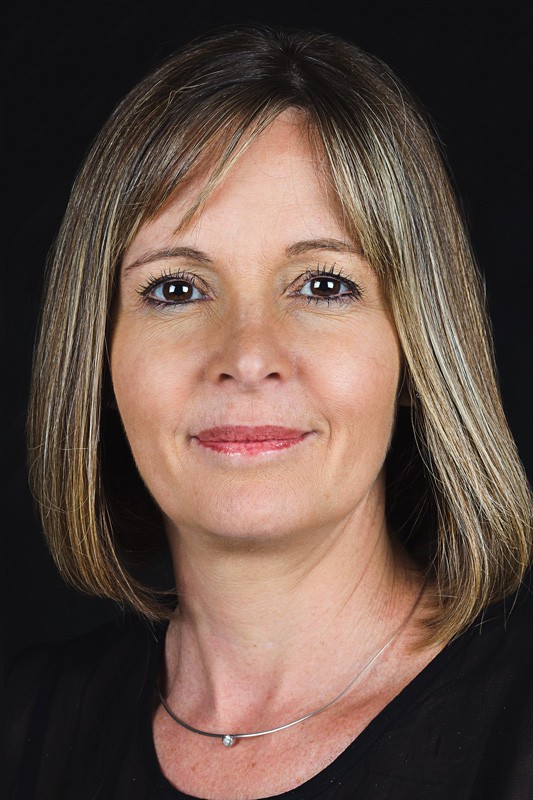Researchers at the City University of London have developed a virtual reality space where people with aphasia can communicate with each other.
When Medical Forum spoke to speech pathologist and clinical director of the Very Early aphasia Rehabilitation after StrokE (VERSE) trial, ECU’s A/Prof Erin Godecke, there were only 26 participants left in the three-year study.
VERSE is seeking to establish if speech rehabilitation begun within 15 days of a stroke occurring and continued over four weeks improves communication outcomes for those diagnosed with moderate to severe aphasia.
“We wanted to test if rehabilitation started this early makes use of the high levels of proteins which occur in the brain as part of its natural recovery after stroke. In rat models and human motor models we have seen benefit starting treatment within that timeframe but there is nothing in aphasia that mimics that.”
“In that early recovery stage, we are focusing on harnessing successful communications via a hierarchy of strategies without practising errors. There is a strong principle in neuroplasticity that if you want something done the right way on the right pathway, that pathway needs to be strengthened – and that’s true for motor, speech or action.”
Difference detected
“The data has not been analysed yet but our VERSE therapists and usual care therapists are anecdotally reporting a strong belief that early intervention works.”
“The jury is still out on that but their response is that those people on VERSE trial are different. We just can’t work out how they are different yet. I hope we will start to see that difference manifested in people’s everyday communication.”
The research is funded by the NHMRC and the Tavistock Trust for Aphasia in the UK and is a collaboration of clinicians from ECU, UTS, St Vincent’s Health Australia, Curtin University, La Trobe University, University of Arizona, the Florey Institute, UWA and Monash University at 16 acute care sites in Australia and New Zealand.
The VERSE project aims to determine:
- The optimal amount and type of aphasia intervention
- The relationship between early aphasia therapy and depression
- The effect of early, intensive aphasia therapy and quality of life at six months after recovery
- The cost-effectiveness of aphasia therapy in the long term.
The research could lead to the development of the first prescribed therapy package for people with aphasia following stroke.
“VERSE is exploring the relationship between aphasia and stroke brain recovery patterns by using a novel ‘brain mapping’ technique to help identify people who will respond well to early, intensive treatment,” Erin said.
In the November issue we examine the role of telehealth in the delivery of stroke care in rural and remote areas where it is starting to bridge some gaps, not only in acute care but also rehabilitation. But there is still a lot of work to be done before there’s treatment equity in the regions.
Erin said telehealth was extremely useful for some therapeutic interventions and didn’t require very hi-tech solutions.
Tech beats distance
“Rehab therapy can be delivered over Skype or Zoom using the person’s own device. It’s more approachable for the person in recovery and less expensive in terms of what it needs to drive it but satisfactory for outcomes.”
“Speech and language therapy lends itself beautifully to telehealth and is proving to be a boon for people who might otherwise struggle to access interventions.”
Research in the UK was showing how virtual reality technology was helping to break down the isolation people with aphasia often felt. With impaired mobility, communication difficulties and in some cases geographical remoteness, a physical support group may not be easy to access. EVA Park is a virtual meeting space that gives participants a chance to meet each other and practise speaking with support staff input.
“People-to-people contact is a vital element in rehabilitation and sometimes that’s overlooked by clinicians but often it’s what people who are in trouble want. Communication with partners, family and friends is frequently the No.1 priority of people whose speech has been affected by stroke,” she said.
“Programs like this are really motivating for people with aphasia. It shows them that they can communicate successfully and use skills developed in recovery and rehab in their lives … that’s the stuff I’m really passionate about.”



